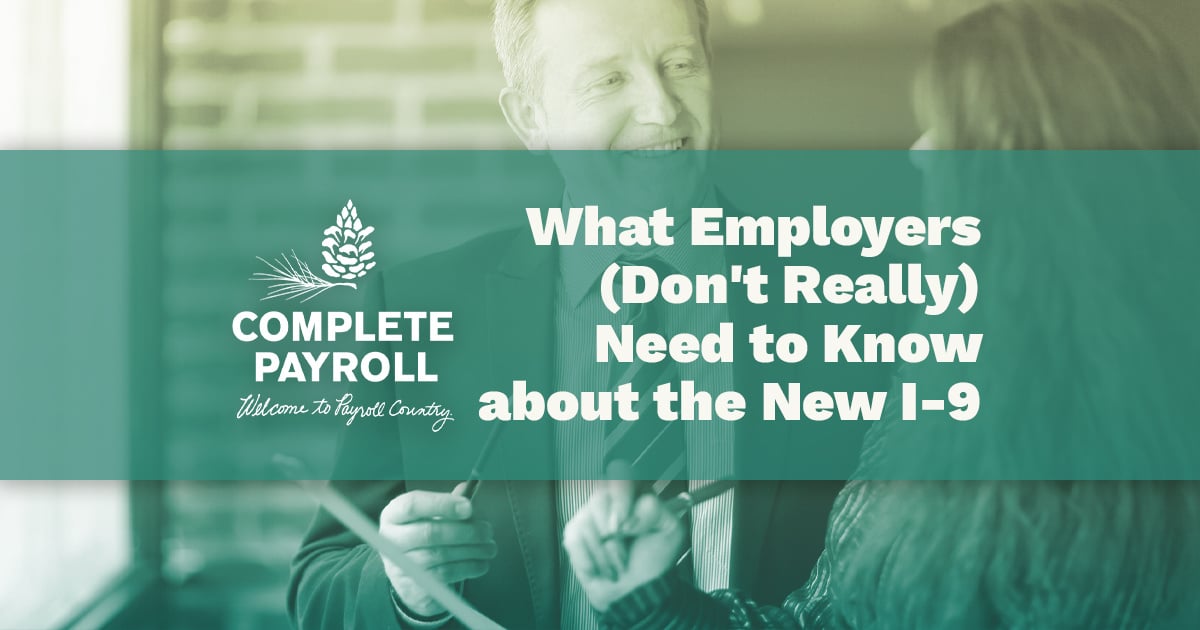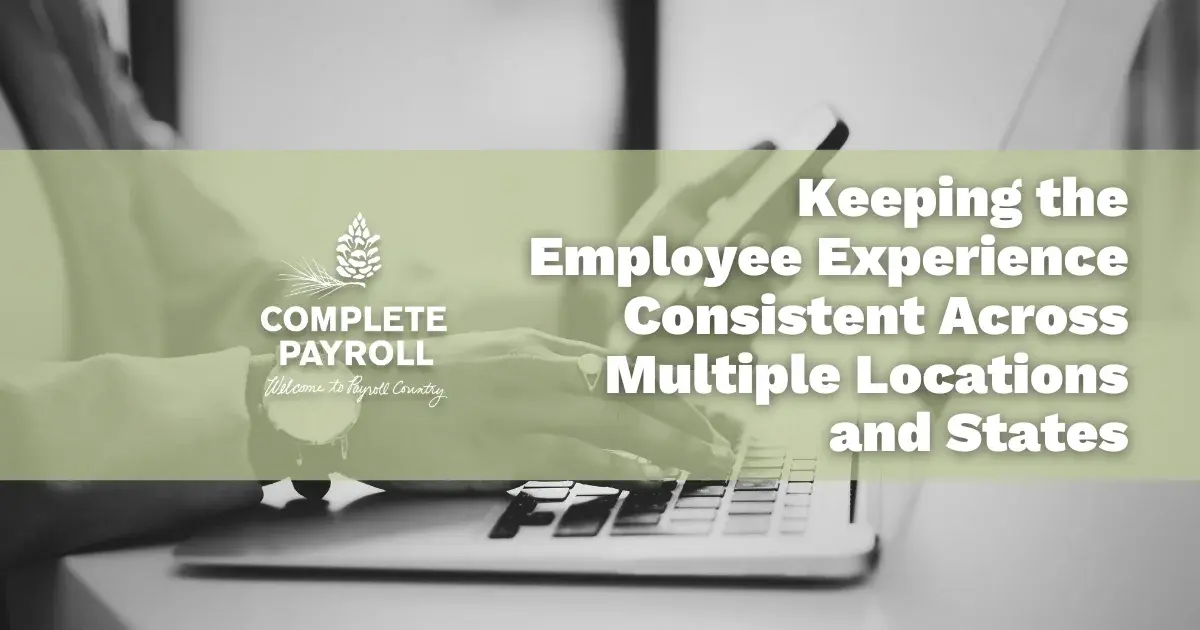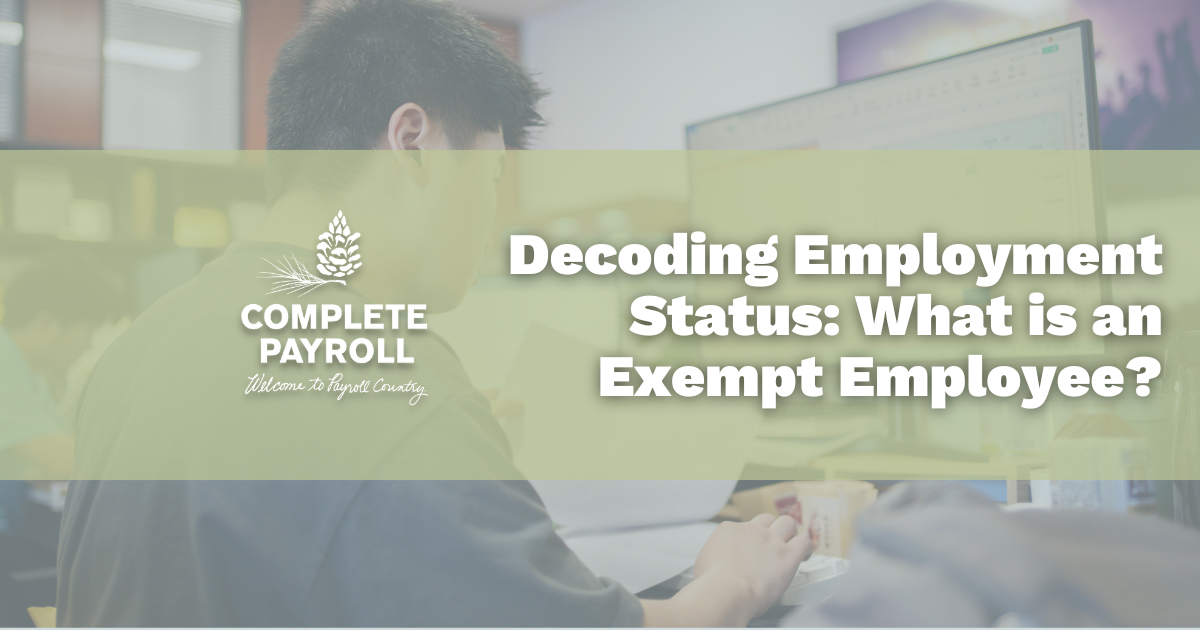
Social Media, the means by which individuals may post personal messages, photos and videos to the web, has exploded as a means of electronic communication. Whereas this efficient, ever-present medium has magnified the concept of in the moment connectivity and communication, its impact on workplace policies as well as how organizations conduct business correspondence and advertising has becoming encompassing.
The challenges that businesses experience with social media usage involve maintaining policies on what employees share in this very-public, very-difficult-to-delete-medium and yet adhere to the laws under the National Labor Relations Act (NLRA) as it relates to employee rights and communication on social media websites.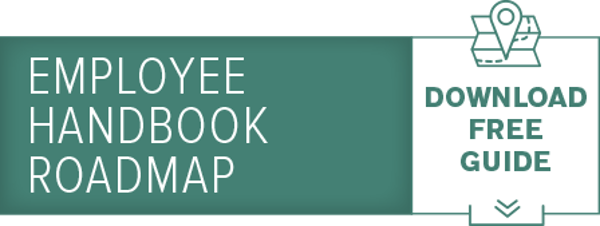
Penetration
Approximately 96% of all businesses with a marketing department use social media, such as Facebook, Twitter and Google+, to increase brand awareness and to communicate with over one billion users on these sites. Technology is rapidly changing the way we conduct business, and social media has become the dominant form of communication both for business and personal use.
Benefits
The business benefits of social media are numerous. Social media, when utilized as a customer service tool allows consumers to conduct efficient research about organizations and their products and services. Additionally, companies that incorporate inexpensive social media marketing campaigns benefit through the increase in their organization’s brand awareness.
Challenges
The biggest challenges and balance in dealing with social media in the workplace is differentiating between effective communications and marketing methods versus vigilant retention of an organization’s security. Complicating these matters further, the law governing social media in the workplace remains unsettled.
Legal
Few courts have addressed the legality of monitoring an employee's social media use on a company- owned communication device, such as a laptop computer, tablet or “smart phone”. Courts have been applying decades-old electronic communication laws, including the Stored Communications Act of 1986, for guidance on social media case litigation. Courts have been struggling with, and debating whether online posted messages, photographs and videos on social media sites are discoverable in court and whether this content is considered to be private and protected from disclosure.
Monitoring employee use
Monitoring employees' use of social media can be challenging and frustrating. As these websites are often hosted on outside servers not controlled by an organization, the ability and rights of the company to monitor the online social media activities is somewhat stifled. In order to minimize the legal risks associated with the use of social media in the workplace and to ensure that company-owned property is being used appropriately, employers should develop an effective and legal social media policy for their employee handbooks that encompasses clear rules as well as communicates that the organization has no intent of violating Section 7 of the NLRA in its company policy on social media.
Although there are several concerns to balance, key points to consider when drafting a social media policy include:
- Understand your employees' rights to use social media under the National Labor Relations Act (NLRA). The National Labor Relations Board (NLRB) says that employees have the right to discuss work conditions on social media sites without retribution from their employers. The NLRB has released a series of guiding points in how employers may proceed in regulating employee social media use. This resource provides a good starting point for the creation and administration of social media policies.
- Focus on restricting employee behavior that is not protected under the NLRA. For example: instruct employees not to disclose trade secrets; forbid postings that contain offensive language; and instruct employees not to post harassing or disparaging comments about other employees that could lead to discrimination claims (such as comments related to sex, race, disability or religion).
- Be prepared for discovery. Employers must anticipate that content on social media sites will be relevant in employment litigation. A social media policy should address discovery issues associated with requesting content from these sites and counsel must be prepared to discuss these issues with opposing counsel.
Though social media is an ever-evolving concept and will continue to expand its influence and presence in workplaces, employers can counter its negative impacts and encourage its advantages through thoughtful, compliant workplace policies. Check out our HR Support Center to learn more.


















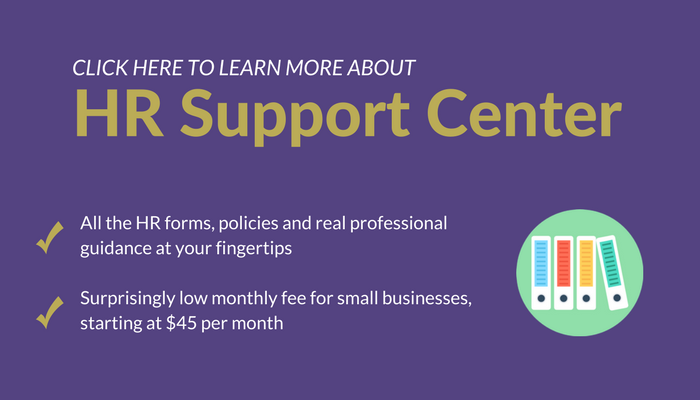
 Get Instant Blog Notifications
Get Instant Blog Notifications
